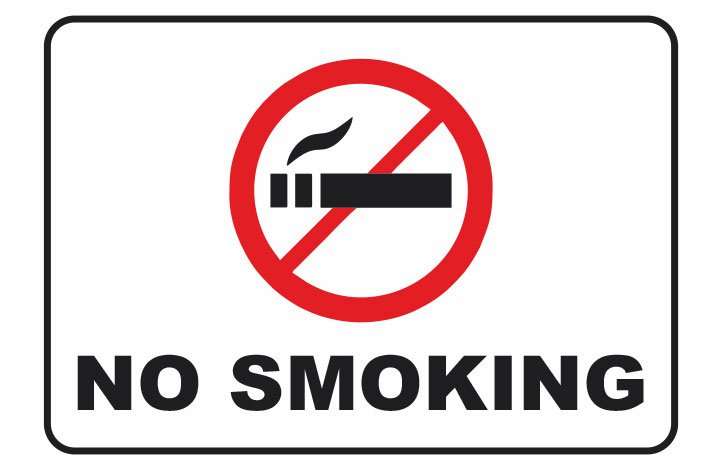In a world that constantly evolves, some changes stand out for their profound impact on human health and well-being. Among these is the global movement towards a smoke-free environment. Smoking, once a ubiquitous habit, has faced increasing scrutiny and regulation over the years. From public awareness campaigns to legislative measures, society has been steadily marching towards a future where smoking is a relic of the past. In this article, we explore the multifaceted benefits of a smoke-free lifestyle, both for individuals and society as a whole.
The Health Hazards of Smoking:
It’s no secret that smoking is detrimental to health. Tobacco smoke contains thousands of chemicals, many of which are known to be carcinogenic. From lung cancer to heart disease, smoking is a leading cause of premature death worldwide. Not only does it harm the smoker, but also those exposed to secondhand smoke. Children, in particular, are vulnerable to respiratory issues when exposed to smoke in their environment. Moreover, smoking during pregnancy increases the risk of complications for both the mother and the unborn child. The health hazards associated with smoking are well-documented and irrefutable.
The Economic Burden:
Aside from its toll on health, smoking imposes a significant economic burden on individuals and society. Healthcare costs related to smoking-related illnesses are staggering, straining healthcare systems and resources. Furthermore, productivity losses due to smoking-related absenteeism and decreased work performance are substantial. Tobacco cultivation and production also have environmental costs, contributing to deforestation and pollution. When considering the economic impact of smoking, it becomes evident that a smoke-free society is not only healthier but also more economically viable.
The Social Impact:
Smoking isn’t just a personal choice; it affects the entire community. Public spaces tainted with cigarette smoke detract from the quality of life for non-smokers. Additionally, smoking perpetuates health inequalities, disproportionately affecting marginalized communities with higher smoking rates and limited access to healthcare resources. By promoting a smoke-free environment, we foster social equity and create spaces where everyone can breathe freely and enjoy a healthier lifestyle.
The Role of Legislation and Policy:
Legislation and policy play a crucial role in shaping attitudes towards smoking and reducing its prevalence. Smoke-free laws, tobacco taxation, and advertising restrictions are effective strategies in curbing tobacco use. Furthermore, comprehensive tobacco control programs that include smoking cessation support and public education campaigns are essential for shifting societal norms away from smoking. Countries that have implemented stringent tobacco control measures have seen significant declines in smoking rates and tobacco-related illnesses. By enacting evidence-based policies, governments can protect public health and promote a smoke-free future.
Supporting smoking cessation:
Quitting smoking is challenging, but it’s not impossible. Numerous resources and support systems exist to help individuals kick the habit for good. From nicotine replacement therapy to counseling services, there are options available to suit every individual’s needs. Encouragingly, many people successfully quit smoking every day, reclaiming their health and improving their quality of life. By providing accessible and affordable cessation services, we empower smokers to take control of their health and embrace a smoke-free lifestyle.
Changing Social Norms:
Beyond legislative measures and support programs, changing social norms is key to achieving a smoke-free society. Education and awareness initiatives are instrumental in debunking myths about smoking and highlighting its dangers. By promoting smoke-free environments as the norm rather than the exception, we create communities where smoking is no longer socially acceptable. Peer influence and role modeling also play a significant role in shaping behaviors. When influential figures and institutions take a stand against smoking, it sends a powerful message that reverberates throughout society.
Conclusion:
The journey towards a smoke-free world is underway, fueled by scientific evidence, public health initiatives, and societal awareness. By acknowledging the health hazards of smoking, addressing its economic costs, and promoting social change, we can accelerate this transformation. Every step towards a smoke-free future brings us closer to a healthier, more equitable society where everyone can thrive. It’s time to extinguish the flames of tobacco addiction and embrace a life without smoking.
Internal link: emitsnews





